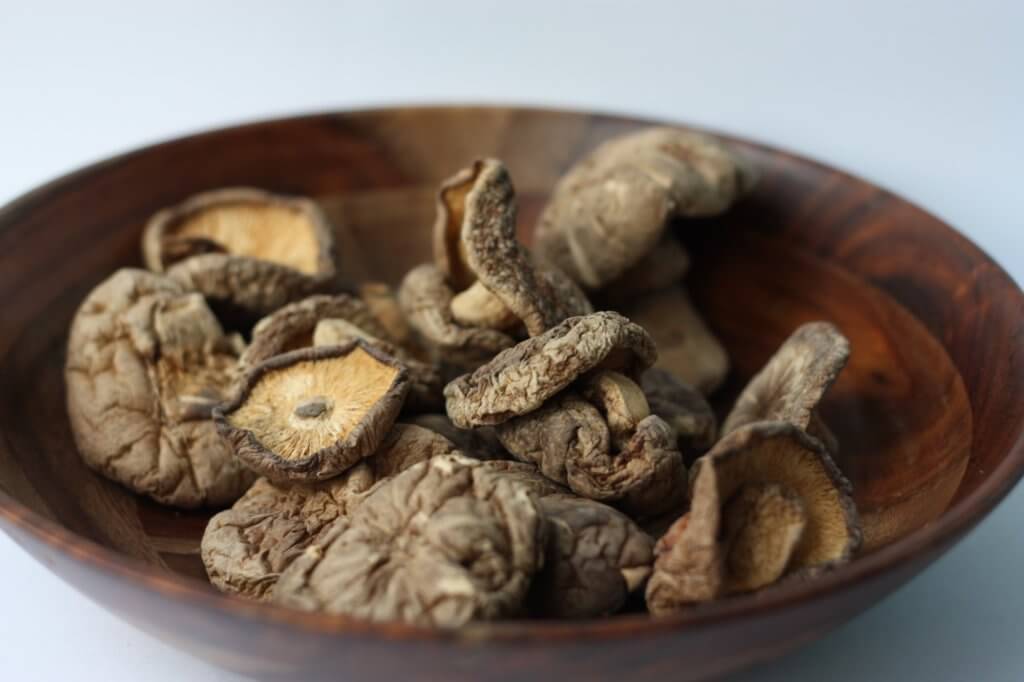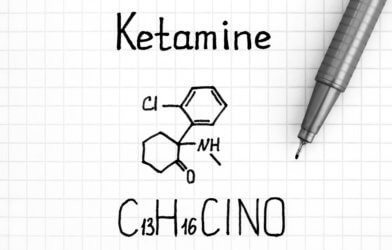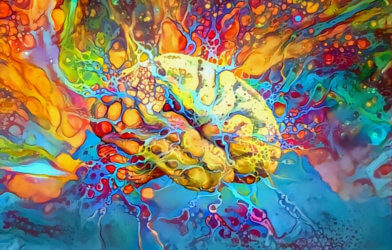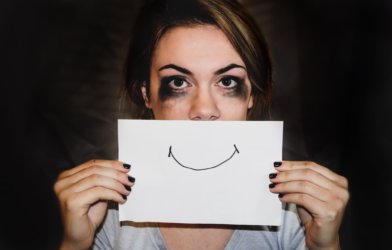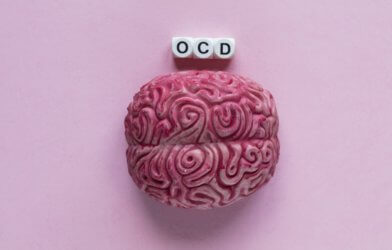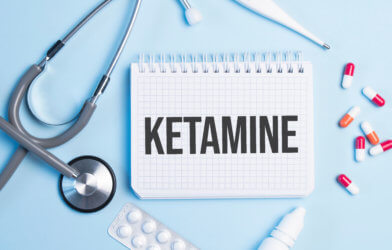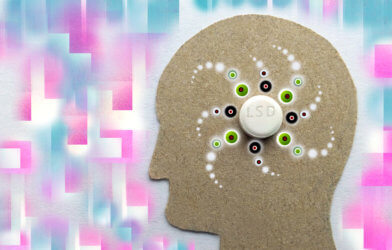In late 2020, a randomized clinical trial was published in JAMA Psychiatry that studied the use of psilocybin as a treatment for depression. The results of this study were positive and hugely beneficial to the movement of acceptance of new treatment options for treatment-resistant depression.
Substances like psilocybin, Ketamine, and nitrous oxide are being studied for their potential benefits on patients suffering from depression, addiction, anxiety and more. These substances, each with its own ‘bad rap’ for being used recreationally and sometimes dangerously, surprisingly have countless scientific studies proving the benefits in the area of mental health. That is when used in a controlled, medical setting.
The research published by Drs. Alan Davis, Frederick Barrett, and others concluded that, “psilocybin-assisted therapy was efficacious in producing large, rapid, and sustained antidepressant effects in patients with major depressive disorder.”
The results were measured with the GRID-Hamilton Depression Rating Scale to give a baseline and a post-treatment evaluation to see what changes had occurred and there was an overall average drop of 50% of scores on this scale. This small yet accurate study shows that there is definitely a future in the use of psilocybin as a treatment for depression.
Other options for patients with depression such as selective serotonin reuptake inhibitor (SSRIs), serotonin and norepinephrine reuptake inhibitors (SNRIs), and psychotherapies like cognitive behavioral therapy (CBT) do not work for all individuals leaving a marginalized population of patients suffering with depression and other cognitive health issues with no options. Further research on this type of treatment as an option could change what that diagnosis means for these people.
